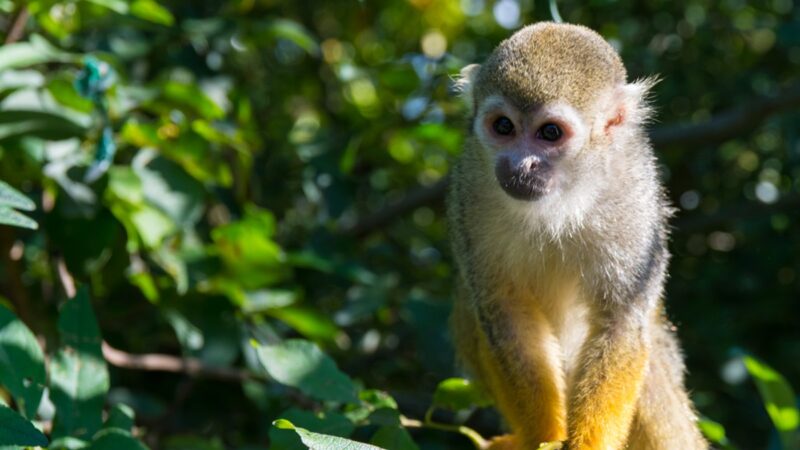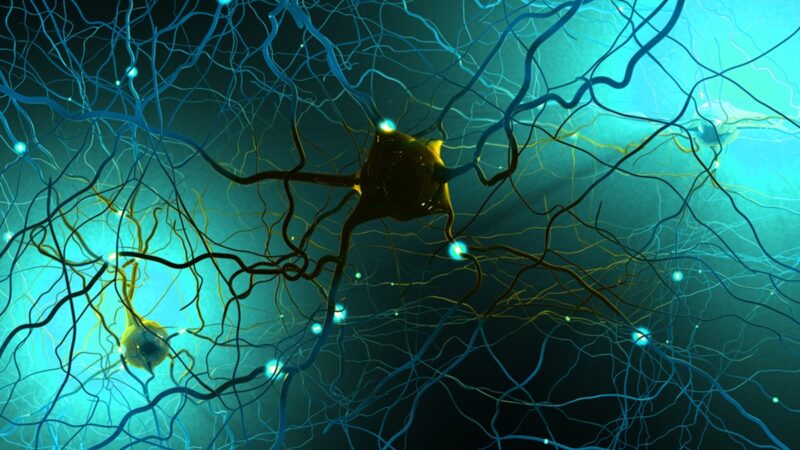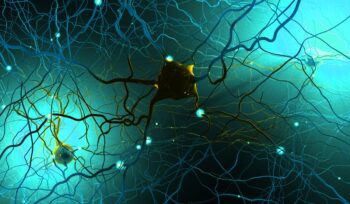We are building the world’s largest database of social change milestones, from the first fire to today’s good news. Change is not only possible, it has happened consistently throughout human history.
Filter by era, country, topic, actor, source, and more.
4755
change milestones archived
Filters
Search
Era
- Tomorrow (2025 C.E. - ???)
- Today (2017 C.E. - 2024 C.E.)
- Post-modernity (1945 - 2016 C.E.)
- Modernity (1500 - 1945 C.E.)
- Post-classical (500 - 1500 C.E.)
- Civilization (3000 B.C.E. - 500 C.E.)
- Agriculture (10000 - 3000 B.C.E.)
- Prehistory (250000 - 10000 B.C.E.)
Years
Topic
Country
Actor
Filters
Search
Era
- Tomorrow (2025 C.E. - ???)
- Today (2017 C.E. - 2024 C.E.)
- Post-modernity (1945 - 2016 C.E.)
- Modernity (1500 - 1945 C.E.)
- Post-classical (500 - 1500 C.E.)
- Civilization (3000 B.C.E. - 500 C.E.)
- Agriculture (10000 - 3000 B.C.E.)
- Prehistory (250000 - 10000 B.C.E.)
Year
Topics
Region
Countries
State/Province
Institution
Sources
-
2024 C.E. February 5
Pakistan has expanded mangroves nearly threefold between 1986 and 2020
Around the world, mangrove forests have undergone a decades-long decline that’s just now slowing to a halt. But Pakistan bucks this trend. The country’s mangroves expanded from 48,331 hectares in 1986 to 143,930 hectares in 2020, according to a 2022 analysis of satellite data. Many in Pakistan are looking to mangroves to bolster precious fish stocks and defend against the mounting effects of climate change.
-
2024 C.E. February 2
Women in Turkey win right to keep surnames after marriage
Women in Turkey can use their own surnames after they marry, now that a rule forcing them to take their husband’s surname has been overturned. Article 187 of the Turkish civil code previously stated that a woman had to take her husband’s surname upon marriage, however she could use her own surname first “with a written application to the marriage officer or later to the civil registry office.” The new decision by the Turkish Constitutional Court came into effect on January 28, following a ruling in April 2023.
-
2024 C.E. February 1
New fund supports Indigenous-led land management in biodiverse area of Bolivia
The Wildlife Conservation Society launched the new funding mechanism, in collaboration with Bolivia’s Foundation for the Development of the National System of Protected Areas. The new mechanism will channel conservation funds to Indigenous organizations in the Madidi Landscape, one of the most biodiverse terrestrial protected areas in the world. The new fund has so far attracted $650,000 in initial support from the Bezos Earth Fund.
-
2024 C.E. February 1
Ethiopia to ban non-electric car imports
The Ethiopian Ministry of Transport and Logistics recently announced that motor vehicles will soon be banned from importation in favor of electric vehicles. This measure is part of the Green development master plan 2021-2030 approved by the Ethiopian parliament, which aims to import at least 152,800 electric vehicles over 10 years.
-
2024 C.E. February 1
Researchers discover an effective non-opioid treatment for nerve pain
Many available pain medications aren’t effective in reducing this often-debilitating type of chronic pain. However, researchers at the University of Texas at Austin (UT Austin), in collaboration with UT Dallas and the University of Miami, may have advanced the treatment of neuropathic pain by discovering a molecule that reduces mechanical hypersensitivity in mice.
-
2024 C.E. February 1
France implements compulsory composting
As of January 2024, municipalities in France must now provide residents with ways to sort bio-waste, which includes food scraps, vegetable peels, expired food and garden waste. Households and businesses are required to dispose of organic matter either in a dedicated small bin for home collection or at a municipal collection point. The waste will then be turned into biogas or compost to replace chemical fertilizers.
-
2024 C.E. January 31
25% of new car sales in China were fully electric in 2023 for the first time ever
Electric vehicles sales in China, the world's largest automotive market, are surging. All plugin models accounted for 37% of the market in 2023, up from just 6% at the end of 2021. Full electrics (BEVs) alone accounted for 25%. Plugins are expected to cross the 50% mark for plugins and electric by 2026, with BEVs likely to account for over a third of sales, if current trends persist.
-
2024 C.E. January 31
Germany launches large four-day workweek trial
In February, 45 companies and organizations in Europe's largest economy will introduce a 4-day workweek for half a year. Employees will continue to receive their full salary. Advocates argue that a 4-day workweek would increase worker productivity and, by consequence, help alleviate the country's skilled labor shortage.
-
2024 C.E. January 31
Gene therapy hailed as ‘medical magic wand’ for hereditary swelling disorder
Hereditary angioedema, or HAE, is a rare disease that affects about one in 50,000 people. It is caused by a genetic mutation that leaves patients with leaky blood vessels, causing erratic bouts of swelling. Dr. Hilary Longhurst, the principal investigator at New Zealand's Te Toka Tumai, Auckland City hospital, said the new single-dose therapy appeared to provide a permanent cure for her patients’ “very disabling symptoms”.
-
2024 C.E. January 29
Palau is the first nation to ratify treaty to protect high seas
Palau has become the first nation to ratify the high seas treaty, a legally binding international agreement that seeks to protect and manage ocean areas beyond national jurisdiction. Other countries, including Chile and the Maldives, are engaged in their ratification processes, pushing the treaty closer to becoming international law. The establishment of the high seas treaty has been under debate for nearly two decades, but U.N. member states finally reached a consensus to approve the treaty in March 2023.
-
 2024 C.E. February 5
2024 C.E. February 5Pakistan has expanded mangroves nearly threefold between 1986 and 2020
Around the world, mangrove forests have undergone a decades-long decline that’s just now slowing to a halt. But Pakistan bucks this trend. The country’s mangroves expanded from 48,331 hectares in 1986 to 143,930 hectares in 2020, according to a 2022 analysis of satellite data. Many in Pakistan are looking to mangroves to bolster precious fish stocks and defend against the mounting effects of climate change.
-
 2024 C.E. February 2
2024 C.E. February 2Women in Turkey win right to keep surnames after marriage
Women in Turkey can use their own surnames after they marry, now that a rule forcing them to take their husband’s surname has been overturned. Article 187 of the Turkish civil code previously stated that a woman had to take her husband’s surname upon marriage, however she could use her own surname first “with a written application to the marriage officer or later to the civil registry office.” The new decision by the Turkish Constitutional Court came into effect on January 28, following a ruling in April 2023.
-
 2024 C.E. February 1
2024 C.E. February 1New fund supports Indigenous-led land management in biodiverse area of Bolivia
The Wildlife Conservation Society launched the new funding mechanism, in collaboration with Bolivia’s Foundation for the Development of the National System of Protected Areas. The new mechanism will channel conservation funds to Indigenous organizations in the Madidi Landscape, one of the most biodiverse terrestrial protected areas in the world. The new fund has so far attracted $650,000 in initial support from the Bezos Earth Fund.
-
 2024 C.E. February 1
2024 C.E. February 1Ethiopia to ban non-electric car imports
The Ethiopian Ministry of Transport and Logistics recently announced that motor vehicles will soon be banned from importation in favor of electric vehicles. This measure is part of the Green development master plan 2021-2030 approved by the Ethiopian parliament, which aims to import at least 152,800 electric vehicles over 10 years.
-
 2024 C.E. February 1
2024 C.E. February 1Researchers discover an effective non-opioid treatment for nerve pain
Many available pain medications aren’t effective in reducing this often-debilitating type of chronic pain. However, researchers at the University of Texas at Austin (UT Austin), in collaboration with UT Dallas and the University of Miami, may have advanced the treatment of neuropathic pain by discovering a molecule that reduces mechanical hypersensitivity in mice.
-
 2024 C.E. February 1
2024 C.E. February 1France implements compulsory composting
As of January 2024, municipalities in France must now provide residents with ways to sort bio-waste, which includes food scraps, vegetable peels, expired food and garden waste. Households and businesses are required to dispose of organic matter either in a dedicated small bin for home collection or at a municipal collection point. The waste will then be turned into biogas or compost to replace chemical fertilizers.
-
 2024 C.E. January 31
2024 C.E. January 3125% of new car sales in China were fully electric in 2023 for the first time ever
Electric vehicles sales in China, the world's largest automotive market, are surging. All plugin models accounted for 37% of the market in 2023, up from just 6% at the end of 2021. Full electrics (BEVs) alone accounted for 25%. Plugins are expected to cross the 50% mark for plugins and electric by 2026, with BEVs likely to account for over a third of sales, if current trends persist.
-
 2024 C.E. January 31
2024 C.E. January 31Germany launches large four-day workweek trial
In February, 45 companies and organizations in Europe's largest economy will introduce a 4-day workweek for half a year. Employees will continue to receive their full salary. Advocates argue that a 4-day workweek would increase worker productivity and, by consequence, help alleviate the country's skilled labor shortage.
-
 2024 C.E. January 31
2024 C.E. January 31Gene therapy hailed as ‘medical magic wand’ for hereditary swelling disorder
Hereditary angioedema, or HAE, is a rare disease that affects about one in 50,000 people. It is caused by a genetic mutation that leaves patients with leaky blood vessels, causing erratic bouts of swelling. Dr. Hilary Longhurst, the principal investigator at New Zealand's Te Toka Tumai, Auckland City hospital, said the new single-dose therapy appeared to provide a permanent cure for her patients’ “very disabling symptoms”.
-
 2024 C.E. January 29
2024 C.E. January 29Palau is the first nation to ratify treaty to protect high seas
Palau has become the first nation to ratify the high seas treaty, a legally binding international agreement that seeks to protect and manage ocean areas beyond national jurisdiction. Other countries, including Chile and the Maldives, are engaged in their ratification processes, pushing the treaty closer to becoming international law. The establishment of the high seas treaty has been under debate for nearly two decades, but U.N. member states finally reached a consensus to approve the treaty in March 2023.










